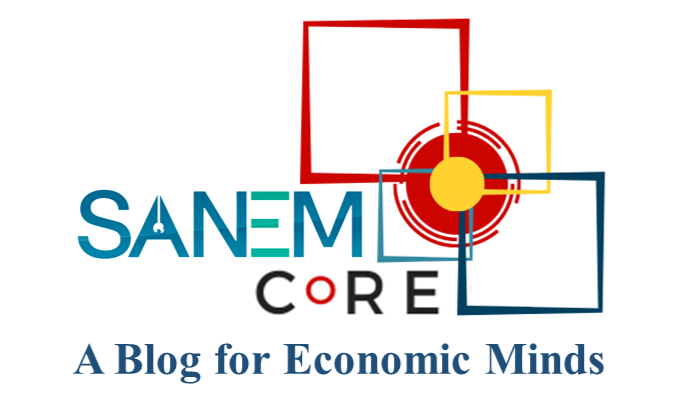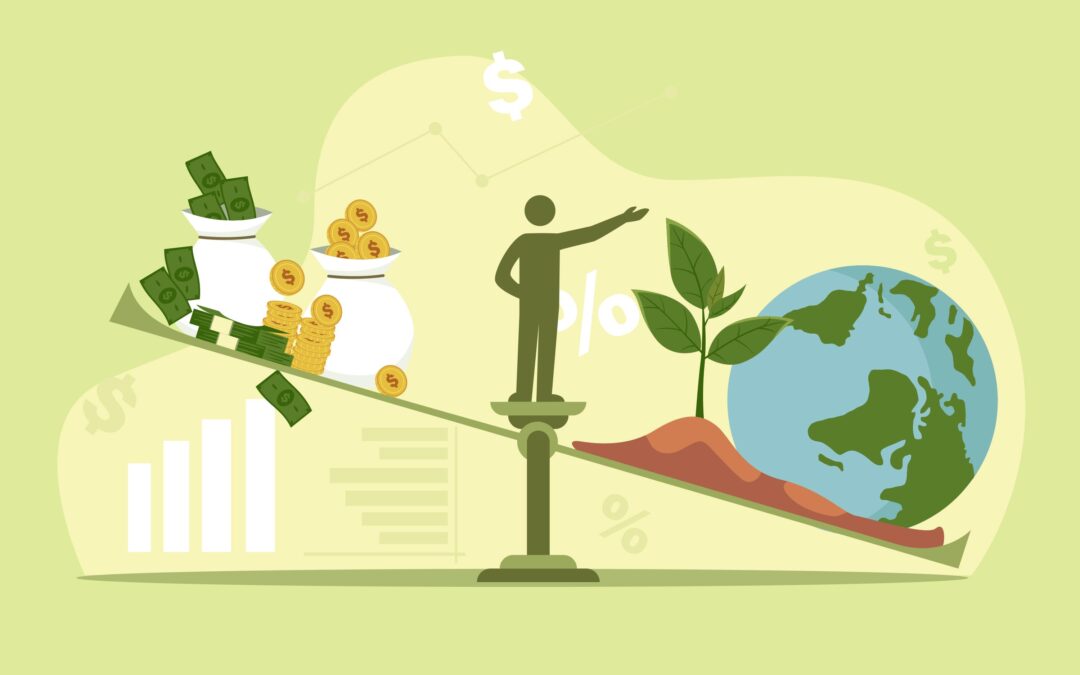The global investment landscape is not what it used to be. These days, investors are looking beyond profits – they want to know where their money is going and what kind of impact it is having. Is it helping clean the air, making workplaces safer, and encouraging fair treatment and good governance? This is where Environmental, Social, and Governance (ESG) standards come in.
For Bangladesh, ESG standards matter more now than at any time in the past. On 24 November 2026, we will officially graduate from the UN’s list of Least Developed Countries (LDCs). It is a big step forward, but it also implies losing trade preferences and access to concessional development finance. As we step into a more competitive global market, the quality of growth and how we earn investor confidence will be crucial.
Worldwide, ESG performance is becoming a key indicator of how investors decide where to invest their money. Countries that score well on ESG are seen as safer bets – more stable, more future-proof. ESG is not just about the image. It is about showing that we are serious about sustainability, equity, and transparency.
Let us pause for a second and break down the ESG concept. This is not some development buzzword. “E” is for environment – things like climate resilience, clean energy, and pollution control. “S” stands for social – everything from working conditions and community impact to gender inclusion. “G” is governance – how rules are made, whether they are followed, and how institutions hold up under pressure.
Investors now treat ESG as a core part of assessing long-term risk. This means ESG is no longer a “nice to have”. It is a key factor in economic decision-making.
Bangladesh has taken some steps in the right direction. The Bangladesh Securities and Exchange Commission (BSEC) has made the inclusion of ESG reporting in the annual reports compulsory according to the Sustainability Reporting Guidelines (SRG) for the listed companies. The Bangladesh Bank has issued guidelines on sustainability and climate-related financial disclosure for all the banks and financial institutions operating in Bangladesh. Moreover, NGOs in Bangladesh are reporting on ESG performance voluntarily. But real ESG integration is still thin on the ground. Most businesses are at the early stages – if they are engaging at all.
Awareness of ESG is still limited, especially among small and medium enterprises. Even among larger firms, ESG reporting often reads more like a marketing effort than a reflection of measurable progress. There is no unified national roadmap, and that leads to fragmentation.
Social and governance challenges remain serious as well. Issues like child labour, workplace safety concerns, and uneven enforcement of labour laws continue to draw negative attention. If we add slow judicial processes and inconsistent regulations to those, it becomes clear why many investors hesitate.
Another major hurdle is that ESG disclosures are not mandatory. Most firms can simply choose not to report anything. Banks and financial institutions also do not consistently assess ESG risks. This allows weak practices to go unchecked. Agencies like BSEC, Bangladesh Bank, and various ministries are all working on bits and pieces of ESG, but they rarely pull in the same direction. Our financial sector also needs to modernise. Tools like green bonds and ESG-linked loans are rare. Without those, companies have few options to fund sustainable growth.
ESG is not just about foreign investors; local companies have a lot to gain. Strong ESG performance can reduce operational risks, cut costs, and build stronger relationships with workers and consumers. And with more Bangladeshi firms entering global supply chains, especially in garments, pharmaceuticals, and leather, keeping up with international ESG standards is no longer optional.
What needs to happen? First, ESG reporting should be obligatory for listed companies as well as big private firms. The reporting must be clear, with internationally trusted standards like the Global Reporting Initiative (GRI) or the Sustainability Accounting Standards Board (SASB). When companies start reporting the same way, people will be able to compare them and trust what they are seeing. This kind of honesty will build real confidence in investors. Second, Bangladesh Bank could do a lot more to push financial institutions to think long-term. If banks start offering more ESG-linked loans or encourage green bonds, businesses will have good reasons to take sustainability seriously. Third, we need to sensitise the small and mid-sized businesses with plain-language guides, workshops, and hands-on support that will help them start making changes. Fourth, a national ESG task force – made up of voices from business, government, and civil society – could bring some order to chaos. And finally, ESG has to be part of how we plan as a country. Not an afterthought – something baked into our climate goals, our industrial policy, and how we define progress.
Bangladesh is entering a new era. The choices we make now will shape how the world sees us in the future. ESG is a way to rethink how we measure success. It brings people, the environment, and governance into the conversation – things we often treat as secondary, but which, in truth, hold everything together. When these elements are ignored, progress tends to unravel. But when they are part of the foundation, we end up with something more stable, more inclusive, and more human. ESG will not fix everything, but it gives us a framework to do better – if we choose to take it seriously. The path is there. It is up to us to walk it.
Zubayer Hossen, Programme Director, SANEM.
Email: zubayerhossen14@gmail.com



RECENT COMMENTS